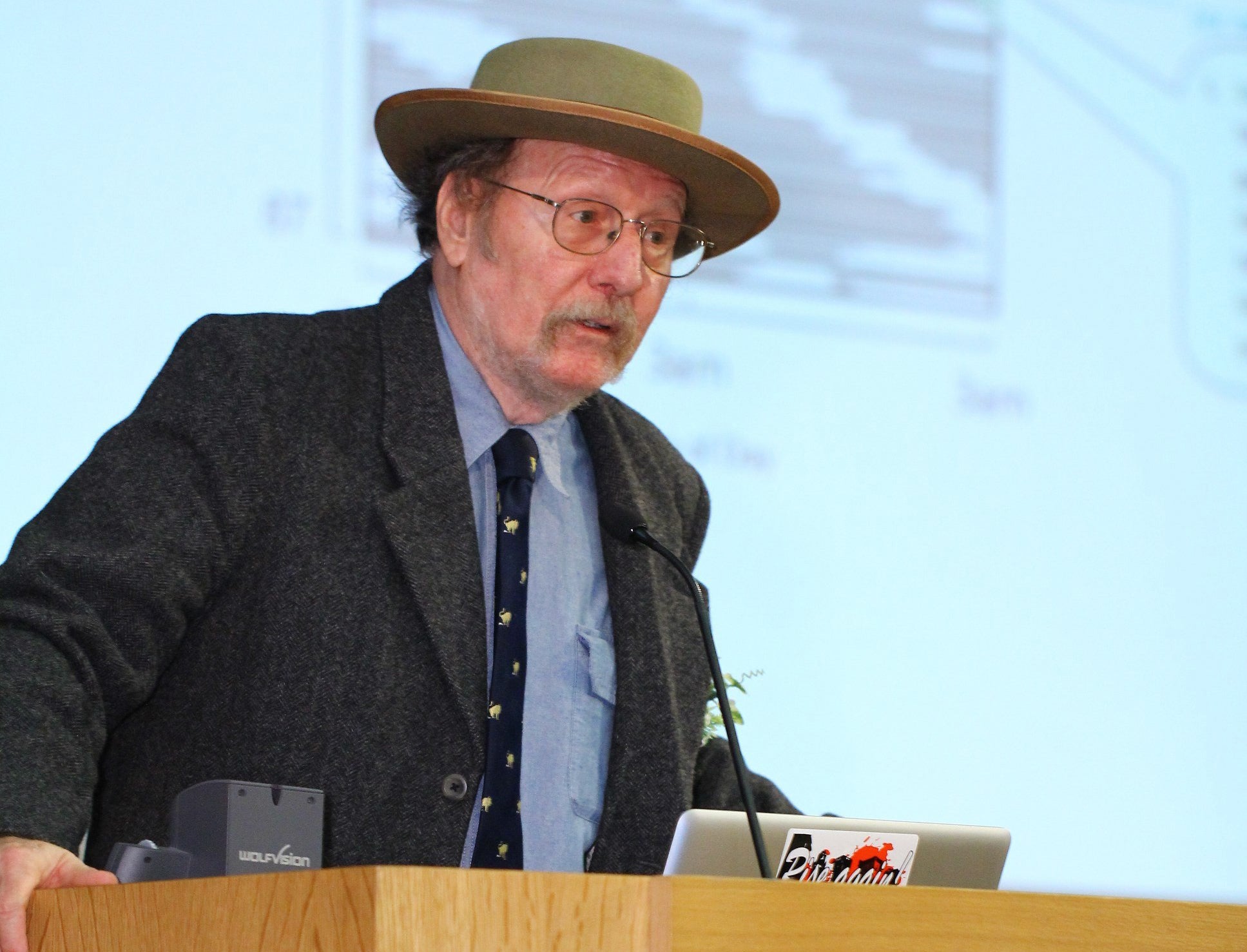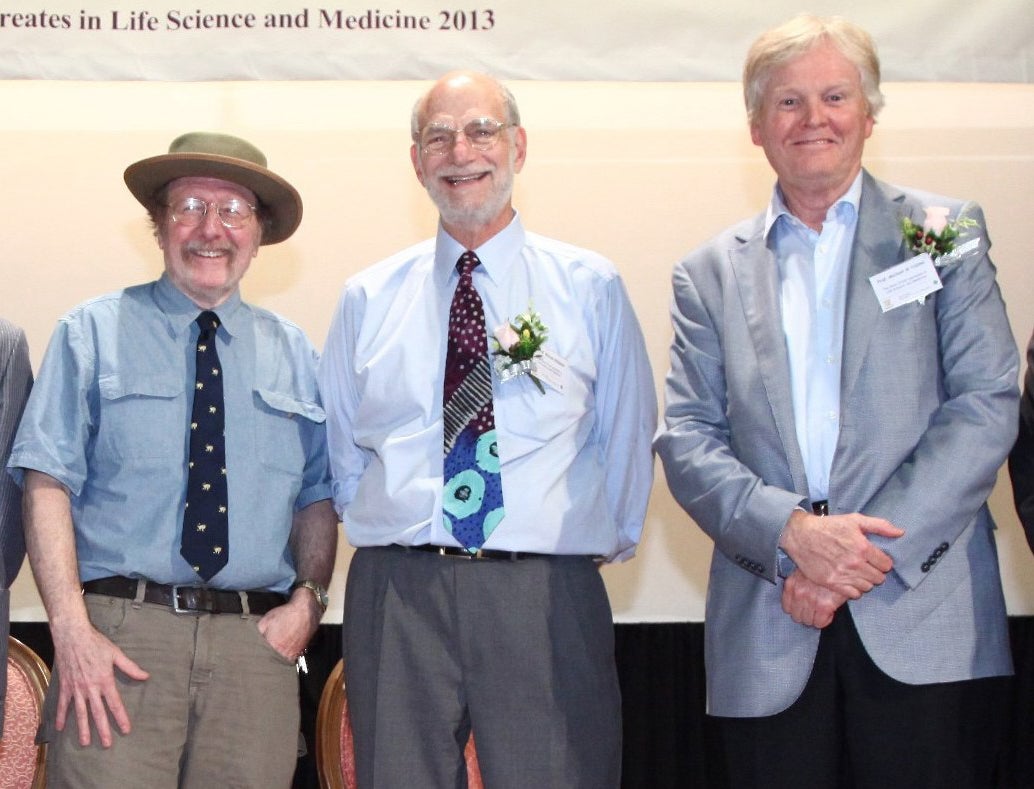Jeffrey Hall wins Nobel Prize in Medicine shortly after leaving science due to lack of funding
Jeffrey Hall left science 10 years ago but has now won the prize for his work on biological body clocks

Your support helps us to tell the story
From reproductive rights to climate change to Big Tech, The Independent is on the ground when the story is developing. Whether it's investigating the financials of Elon Musk's pro-Trump PAC or producing our latest documentary, 'The A Word', which shines a light on the American women fighting for reproductive rights, we know how important it is to parse out the facts from the messaging.
At such a critical moment in US history, we need reporters on the ground. Your donation allows us to keep sending journalists to speak to both sides of the story.
The Independent is trusted by Americans across the entire political spectrum. And unlike many other quality news outlets, we choose not to lock Americans out of our reporting and analysis with paywalls. We believe quality journalism should be available to everyone, paid for by those who can afford it.
Your support makes all the difference.A retired professor who won the 2017 Nobel Prize in Medicine has said he left science due to a lack of funding and an increase in “institutional corruption”.
Jeffrey C Hall was one of three American scientists to win the prize in the physiology or medicine category after their discovery of biological clocks in living organisms.
Prof Hall, alongside Michael Rosbash and Michael Young, won the prize after finding “molecular mechanisms controlling the circadian rhythm” using fruit flies.
These internal biological clocks help regulate sleep patterns, feeding behaviour, hormone release and blood pressure in animals.
The scientist spoke from his home in rural Maine to the Nobel Prize organisation and said the “little flies” used in the research deserved a “little tip of the hat”.
However during an interview in 2008, as he retired from science, Prof Hall issued scathing remarks about funding and how it is allocated for research.
In the journal, Current Biology, he said: “I admit that I resent running out of research money…recent applications from our lab have had their lungs ripped out, often accompanied by sneering, personal denunciations—perhaps reflecting the fact that this old-timer has lost his touch.
“But I still love the little flies and claim that my colleagues and I could continue to interact with them productively.”

He then added: “Whether or not a researcher of a certain notoriety deserves that the ‘support system’ [to] keep him going, there is a far more general problem.
“What props up biological research, at least in the vaunted US of A, involves a situation so deeply imbued with entitlement mentality that it has sunk into institutional corruption.”
Prof Hall began his work in the early 1980s, based mainly out of Brandeis University in Waltham, Massachusetts.
They used the “circadian rhythm” discovery to support research into understanding how life responds to the rotations of the Earth.
The researchers were able to isolate a gene in fruit flies that controls the daily biological rhythm and also identified other protein components involved in the process.
Join our commenting forum
Join thought-provoking conversations, follow other Independent readers and see their replies
Comments